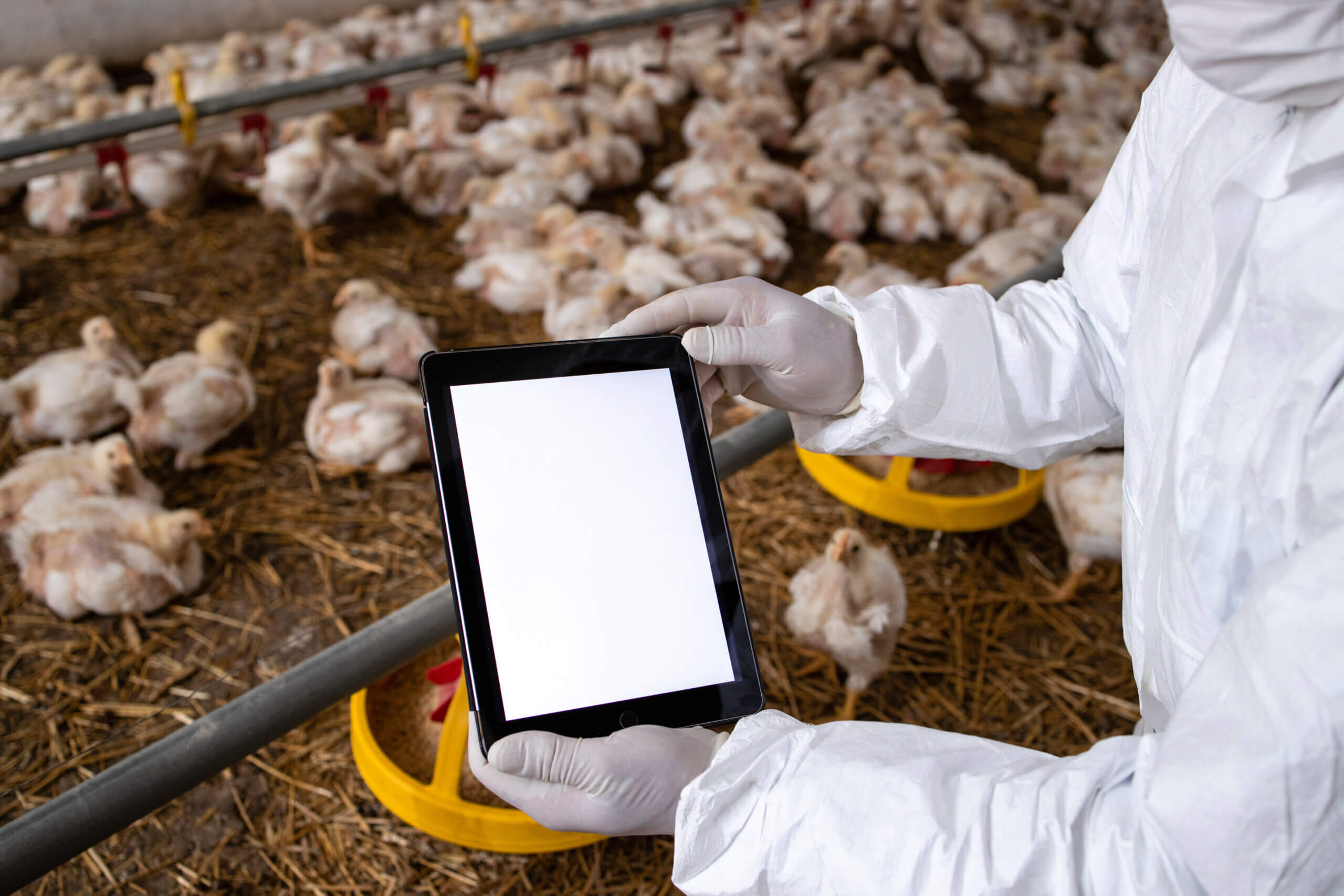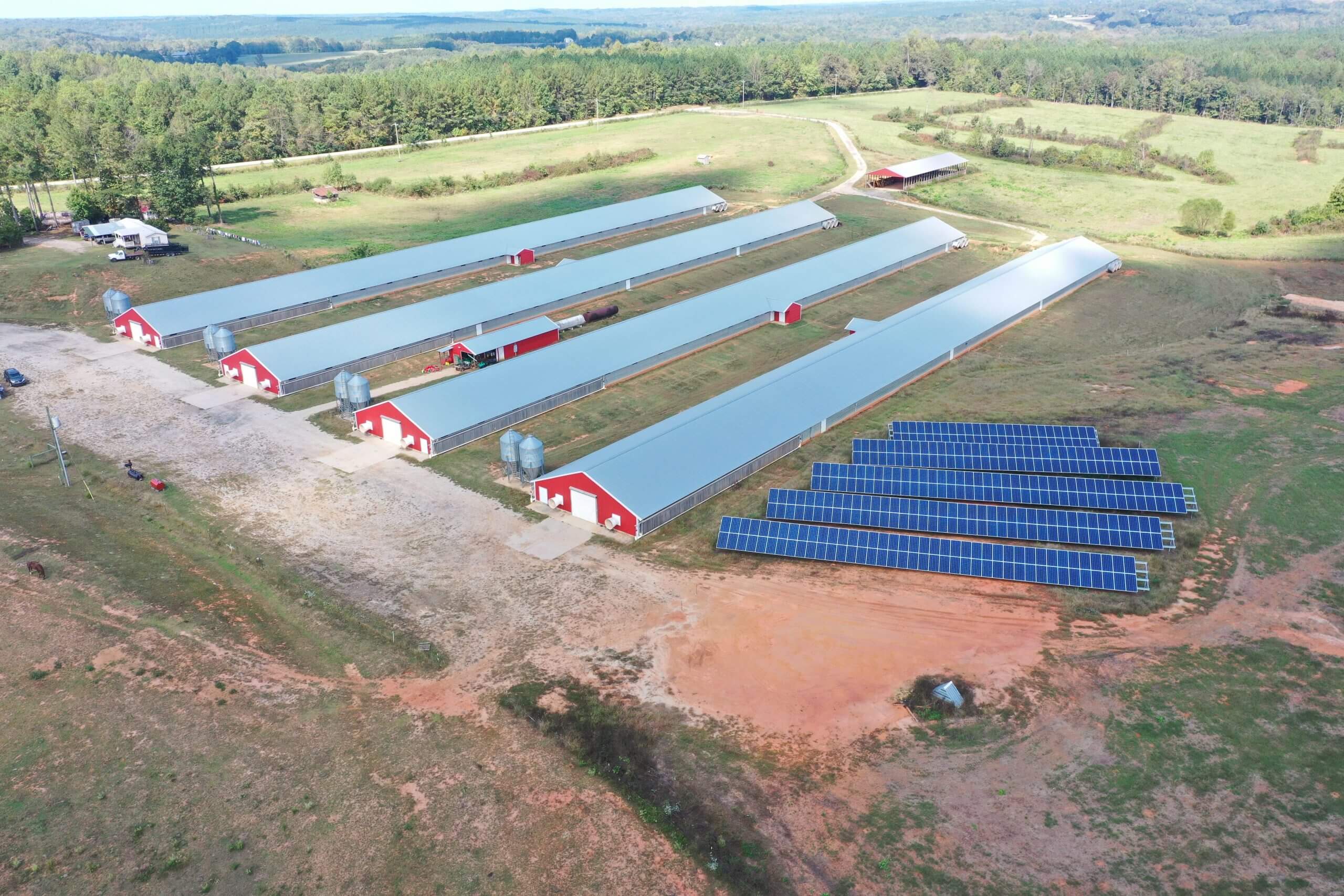Turkey Growers as Environmental Stewards

Protection and proper usage of natural resources is an important objective for the turkey industry. Turkey growers, as responsible stewards of the land, use modern agriculture methods and innovative technology to reduce their environmental impact – including focusing on energy and water efficiency – and feed our families and a growing world.
Because of the nature of modern turkey production, very little land is devoted to production. In fact, the biggest potential impact is from the use of bedding material, litter. Litter is rich in nutrients, such as nitrogen, and ultimately recycled as organic fertilizer on farm fields. Careful management ensures litter is used in accordance with the nutritional needs of crops so that nutrient enrichment of groundwater and surface water is eliminated or minimized.

Growers and processors are also using innovative technology to sustainably raise turkeys and preserve resources, including harnessing solar power, employing high tech computer systems to control and monitor turkey barns and installing state-of-the-art water management systems. Improvements in genetics and feed efficiency have also resulted in fewer inputs needed to raise healthy turkeys to market weight.
Additionally, NTF works closely with poultry industry partners, such as the U.S. Poultry and Egg Association (USPOULTRY), to identify growers who go above and beyond to incorporate sustainable practices in poultry operations nationwide. In 2023, Backes Turkey Farm in Eldon, Missouri, and Fruechte Turkey Farms in Decatur, Indiana, were named USPOULTRY’s Family Farm Environmental Excellence Award Winners, which recognizes exemplary environmental stewardship by family farmers engaged in poultry and egg production.
Other former Environmental Excellence Award winners include Mishlers Turkey Farm in Seymour, Missouri, Bullard Farms in Stedman, North Carolina, Bar G Ranch Poultry in Rogers, Texas, and River Hill Farms in Nevada City, California.
Check out this Turkey Truths video about how turkey growers serve as environmental stewards and debunk myths of factory farms.
